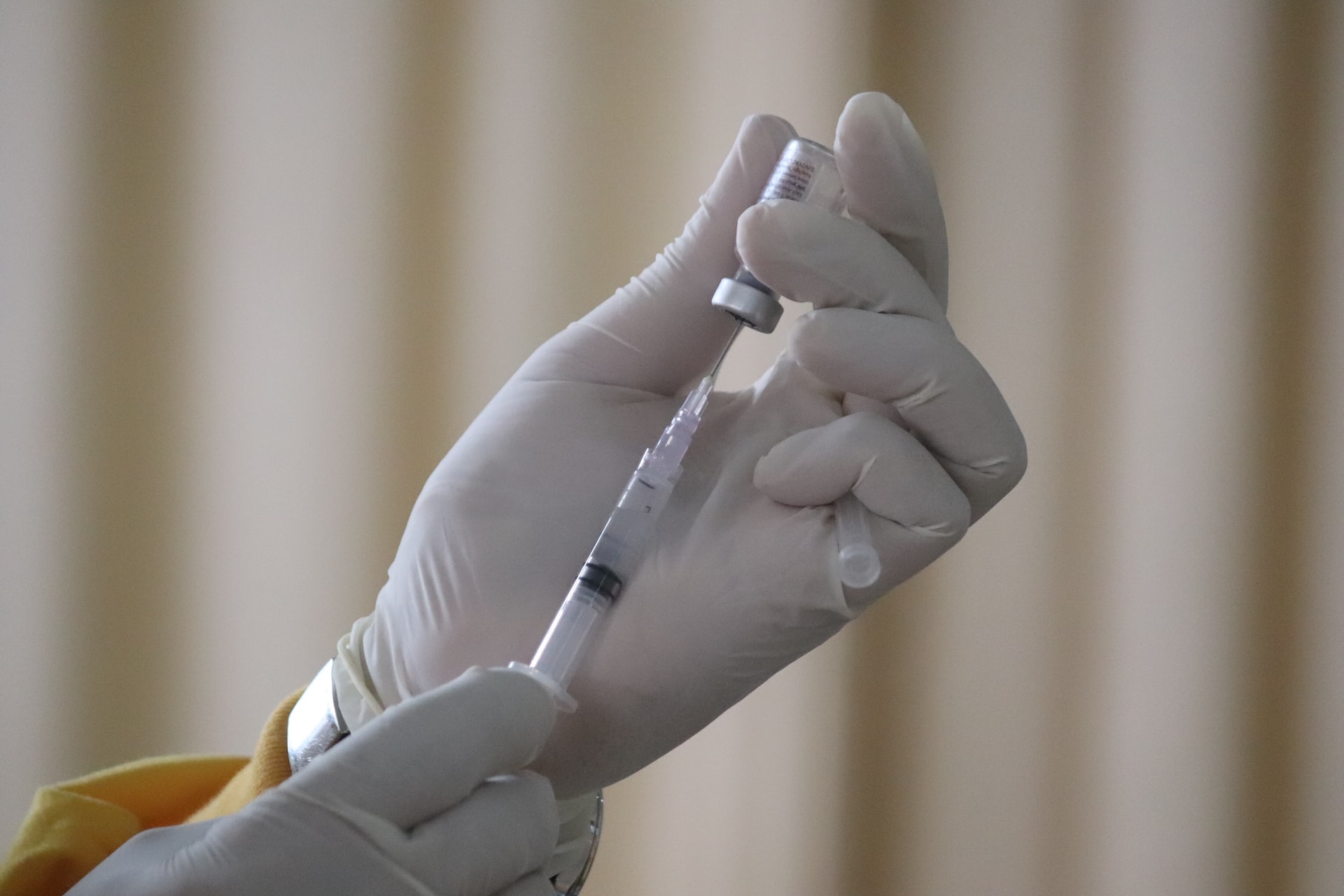Drug stores could be set to boost their revenues as COVID-19 restrictions ease and vaccine booster shot plans continue to take shape. According to a recent report from the White House, nearly 400,000 people already received their third dose, and 1 million more have scheduled their their shot at pharmacies in the coming weeks, likely driving elevated foot traffic.
With booster shots progressively opening up to wider age demographics, drug stores continue to expand their telehealth outreach as demand is expected to remain strong in a post-pandemic world. Walgreens recently made a significant acquisition of a telehealth provider, while CVS continues to make strides in both the telehealth space and their health clinic development. Similarly, Rite Aid has expanded its partnership with Uber to provide on-demand delivery.
Related Stocks: CVS Health Corporation (CVS) Walgreens Boots Alliance, Inc. (WBA), Rite Aid Corporation (RAD)
COVID-19 Restrictions Ease, Booster Shots Roll Out
Drug stores, primarily CVS, Walgreens and Rite Aid, have experienced significant benefits from their COVID-19 testing programs and vaccination rollouts. While Rite Aid has certainly been the laggard of the three, it’s likely that the group has room for another leg up from an easing of restrictions and booster shot plans finally coming to fruition.
MRP highlighted US drug store chains back in April, noting that they would likely see a boost from administering vaccines as they were getting paid for each dosage they give. Now, these pharmacies continue to be an integral part of the nation’s plan to roll out booster shots.
The White House announced that as of last weekend that at least 400,000 people in the United States have received booster doses of the Pfizer or BioNTech vaccines, Reuters writes. In addition, nearly 1 million people have already scheduled their third dose at pharmacies in the coming weeks.
As we’ve seen with the first round of vaccinations, pharmacies will likely benefit from elevated foot traffic that a third dose will bring. According to Globe St., drug stores have enjoyed strong growth in spending per-shopping occasion since the start of the pandemic, 20% higher on average compared to 2019. That combination will help drive in much needed revenue for the sector.
CVS, the largest pharmacy chain in the US, aimed to add roughly 25,000 employees last week amid the surge in demand for vaccines. The Wall Street Journal reports that both CVS and Walgreens are battling staffing shortages, something that may be exacerbated by what health officials predict will be a severe influenza season. Fortunately, the staffing issues do not appear to be systemic.
CVS noted that demand for flu shots is already higher than usual, another sign that the federal government will rely on these pharmacies to administer more shots this fall and winter. Not only will the flu help these drug store chains, but consumers scheduling more doctors’ appointments will lead to more trips to the pharmacy as well.
Pharmacies Turn to Healthcare for Post-Pandemic Growth
US drug stores are looking toward the future for ways to remain profitable, adding new revenue avenues to thrive in a post pandemic world.
Rite Aid, for example, is working on digitizing its business and growing its pharmacy and online platforms to allow customers to book appointments and renew prescriptions from home, per PYMNTS.com.
In addition, the company recently announced it will be doubling down on its delivery partnership with Uber Eats, evolving its retail business to keep up with consumer shopping preferences, according to Supply Chain Dive. The last mile delivery service is now available from 2,185 locations across 17 states, giving customers the option of having their healthcare items delivered to their door as demand grows. The service now represents…
To read the complete Market Insight, current clients SIGN IN HERE For a free trial, or to subscribe and become an MRP client today, START A FREE TRIAL Once you’re logged in, you’ll also gain access to:










